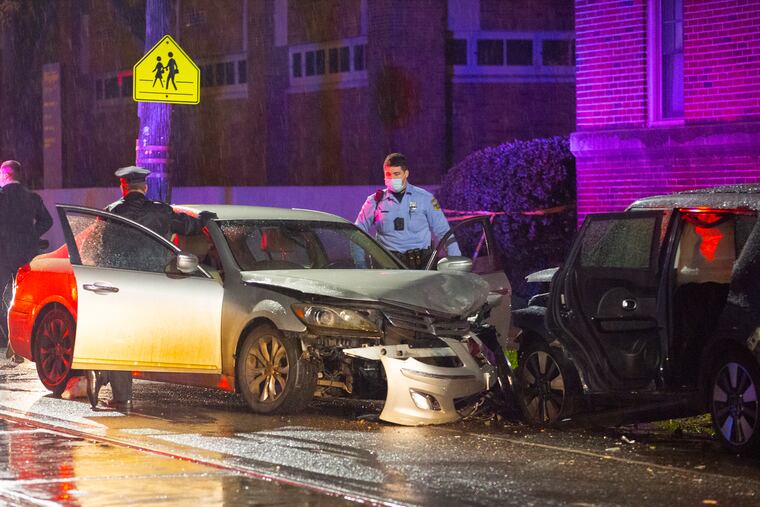Call for Stricter Rules and Accountability to Reduce Risks from Dangerous Police Pursuits
In a tragic incident that underscores ongoing concerns regarding police pursuit policies, the death of Bailey McKenna, an 18-year-old high school senior, raises profound questions about accountability within law enforcement. McKenna was fatally injured in 2017 after being pursued on his dirt bike by Philadelphia Police Officer Joseph Wolk, who swerved his police SUV into McKenna’s path, a move explicitly prohibited by police directives. The forceful impact hurled McKenna from his bike, leading to catastrophic head injuries. Despite efforts to maintain a vigil for ten months, his family ultimately faced the heart-wrenching reality of his passing.
Wolk, noted for leading Philadelphia’s police department in preventable crashes, continues to serve, an unsettling fact revealed in a recent investigation by Media News Source. This detailed examination of police pursuits in Philadelphia and across Pennsylvania showed a disturbing trend wherein the authorities frequently engage in high-risk chases that are not only unwarranted but also costly. Key findings of the investigation highlight that a significant number of police chases disproportionately endanger young individuals. Alarmingly, approximately half of all pursuits by Philadelphia police fail to meet departmental criteria for justification. Additionally, officers lack formal training in pursuit tactics, leaving a gap in critical skills needed for safe operations.
These reckless pursuits have broader implications, as they not only jeopardize the lives of individuals involved but also place innocent bystanders in potential danger. Responsibility for the aftermath often falls on Philadelphia taxpayers, who have borne the financial burden of million in repair costs and million in legal settlements since 2020.
Amidst these troubling statistics, the investigation indicates that the Pennsylvania State Police, despite having fewer officers than their Philadelphia counterparts, conduct an astonishing ten times the number of pursuits. Most of these incidents arise from minor traffic offenses, showcasing a pattern of excessive responses to relatively trivial infractions.
Efforts in neighboring New Jersey serve as a model for reform, where state police have successfully curtailed high-speed chases. In 2023, New Jersey State Police engaged in only 126 pursuits, significantly contrasting with Pennsylvania’s more than 1,300. In New Jersey, a mere 10% of these pursuits ended in crashes, notably lower than the national average of 30%.
It is evident that police pursuits should be treated with the utmost caution, akin to the deployment of a lethal weapon. While motorists have a shared responsibility to adhere to traffic laws, unjustifiable chases endanger lives and should not be tolerated.
The findings call for urgent reforms within Philadelphia and Pennsylvania police departments. Stricter regulations governing police pursuits, comprehensive training programs, and rigorous accountability measures must be prioritized to ensure that the lives of both civilians and officers are safeguarded.
Additionally, the case of Officer Wolk offers a troubling illustration of the lack of consequences for dangerous policing practices. Two years after the McKenna incident, Wolk was involved in another pursuit following an eighth grader on a scooter, which tragically ended in the death of 15-year-old Ryan Miller. Internal investigations concluded that Wolk had violated multiple directives, yet he remains employed, casting a shadow over the commitment to accountability in law enforcement.
The need for systemic change is clear. Without decisive action, the cycle of reckless pursuits and their tragic outcomes will persist, putting more lives at risk on the streets of Philadelphia and beyond.







